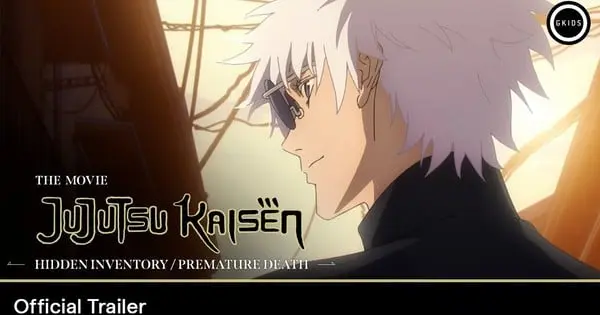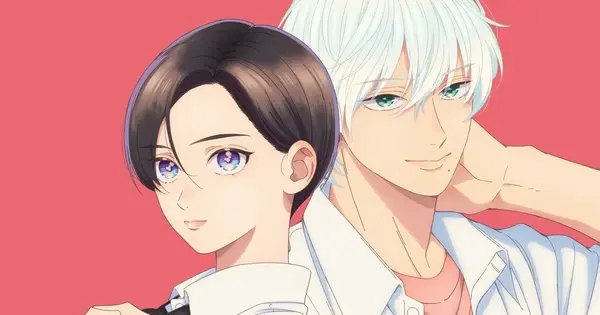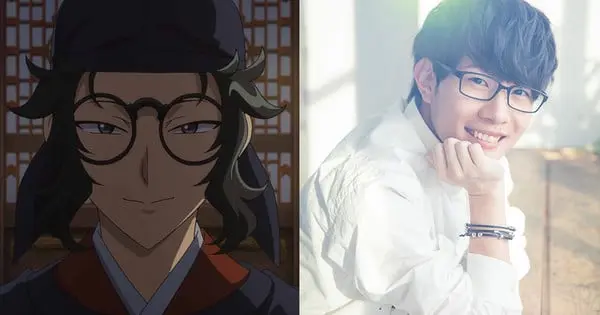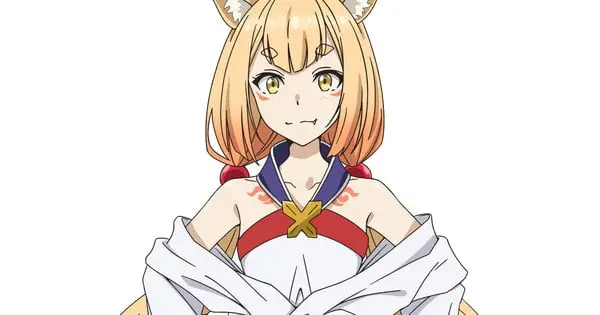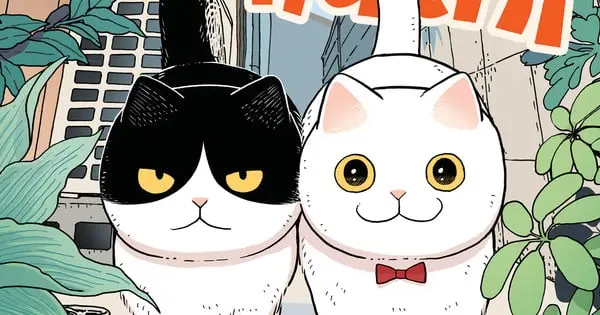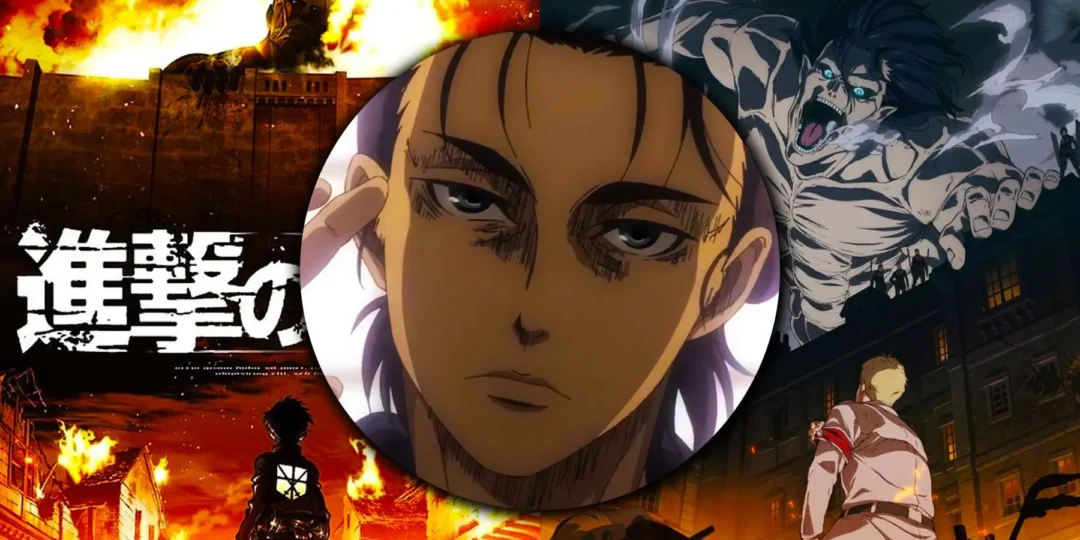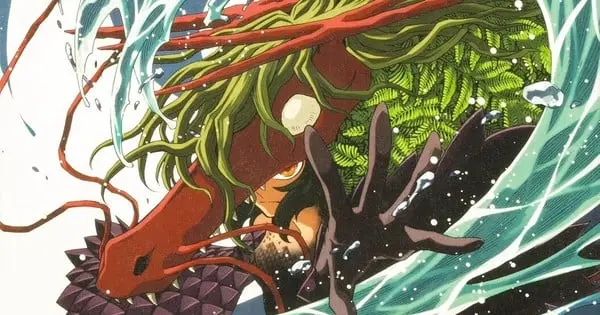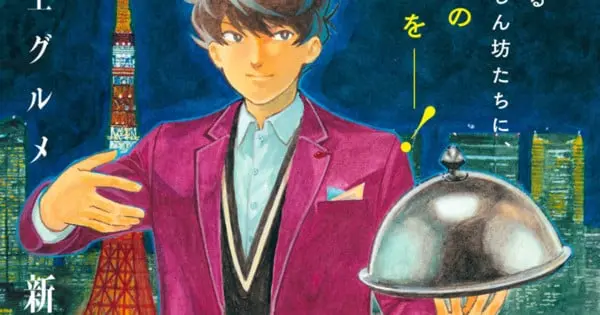The conclusion of Attack on Titan was one of the most hotly debated anime endings in recent memory, with some hailing it as a masterpiece while others labeled it a complete failure. The series, known for its complex characters, intricate plot, and brutal action, left many fans deeply divided. Here are 10 valid reasons why many anime and manga enthusiasts didn’t like the ending.
1. Lack of Consequences for Key Characters
One major point of contention was the apparent lack of significant consequences for many characters. The Alliance, including figures like Annie and Reiner, who had committed horrific acts, seemed to get off with a mere “slap on the wrist”. Even main characters like Mikasa and Armin, who were involved in major conflicts, faced no real repercussions. This seemed to undermine the gravity of the events in the series, which had previously been known for its bleak and morally complex world. It left viewers feeling that the characters weren’t held responsible for their actions.
2. Eren’s Character Shift and “Freedom”
Eren Yeager’s transformation throughout the series was a captivating arc. However, his actions in the final act, particularly the Rumbling, were seen as a betrayal of his earlier motivations. Many felt that the narrative shifted to make Eren appear as a villain rather than a complex protagonist. Some viewed his motivations to wipe out 80% of humanity as nonsensical, especially the idea that it was to ensure his friends’ freedom, a plan that had many holes and seemed to come out of left field.
3. The Rushed Pace of the Ending
The ending felt rushed, with critical plot points and character motivations explained through information dumps rather than being explored organically. The series, known for its meticulous build-up, seemed to accelerate rapidly towards its conclusion, leaving little room for character development or emotional resonance. The complex reveals felt weightless and lacked the impact they could have had. This pacing issue was also exacerbated by a staggered release schedule for the anime, which further fragmented the viewing experience.
4. The Underwhelming Final Battle
After the incredible heights of earlier battles, the final confrontation felt anticlimactic to some viewers. The final battle with Eren seemed oversimplified, with a lack of truly memorable, powerful moments that had been a hallmark of the series up to that point. Despite being the culmination of years of conflict, the showdown was criticized for its lack of emotional weight and impact. Many fans felt that the finale failed to capture the same intensity and excitement as earlier battles.
5. Eren’s Confession to Armin and the Mikasa Relationship
The romantic feelings Eren confessed to Armin about Mikasa felt out of place. Their relationship had never been heavily focused on romance, with Mikasa’s feelings being much more apparent. Eren’s seemingly sudden and desperate confession felt uncharacteristic and unnecessary, as the story had not built up the romantic aspect of their relationship. This was viewed as a way to add drama and shock, rather than a necessary character moment.
6. The “It Was All For Nothing” Feeling
A core issue for many fans was the feeling that Eren’s actions, including the Rumbling, were ultimately futile. Despite his massive efforts and sacrifices, peace wasn’t achieved, and the world remained a volatile place. This undermined the entire buildup of the series and left fans questioning the purpose of Eren’s journey. It seemed that Eren’s sacrifices had only stalled the inevitable rather than resolving the core issues.
7. The Ymir Explanation and its Implications
The explanation of Ymir’s motivations and her attachment to the world was another major point of contention. The way her relationship with King Karl Fritz was handled was considered problematic by some viewers, who believed it was romanticized, despite its unhealthy and abusive context. The explanation felt weak and unsatisfying, especially for a character who was the source of all the conflict. Some fans felt that the ending didn’t address the complex issue properly.
8. Eren’s Death and the Loss of a Hero
Many fans struggled with the fact that Eren, who had been a central figure in the series, ultimately died. Viewers had hoped that he would somehow be redeemed and find a way to save the world, but instead he was portrayed as a villain, and his death felt like a betrayal. Fans wanted a more traditional shonen ending, where the hero triumphs, but Attack on Titan chose a much darker and ambiguous conclusion.
9. Plot Holes and Inconsistencies
The ending was riddled with plot holes and inconsistencies, from seemingly illogical Titan abilities to character actions that did not seem to align with previous behavior. These plot holes undermined the careful world-building and plot development that the series had been known for, leaving fans frustrated and confused. Some examples that were often cited include the mechanics of the Rumbling and certain character’s survival.
10. Thematic Betrayal
Some viewers argued that the ending failed to uphold the themes that the series had built up over the years, such as the importance of diplomacy and the futility of violence. The series had initially presented themes of breaking free from oppression, but in the end, it left viewers with a sense that violence and oppression would always be a part of human existence. This thematic inconsistency was a major disappointment for many.
The ending of Attack on Titan remains a controversial topic among fans. While some have come to appreciate its complex and ambiguous nature, many others feel it fell short of the high standards set by the rest of the series. The reasons for this dissatisfaction are multifaceted, ranging from plot inconsistencies and character betrayals to a rushed pace and an underwhelming final battle. The divided reactions underscore the complexity of storytelling and the very personal connection that fans develop with their favorite series.

